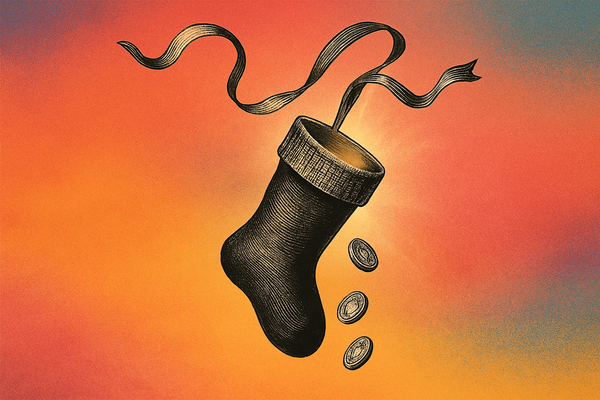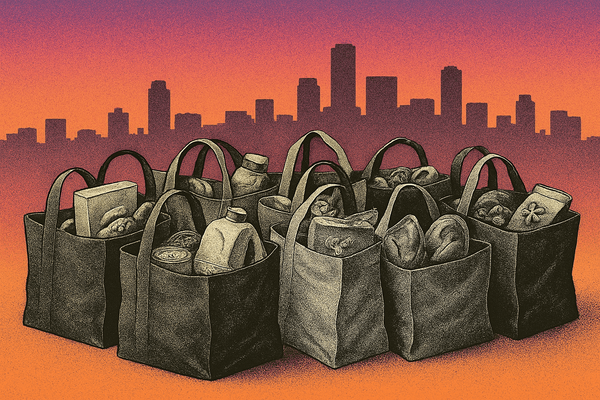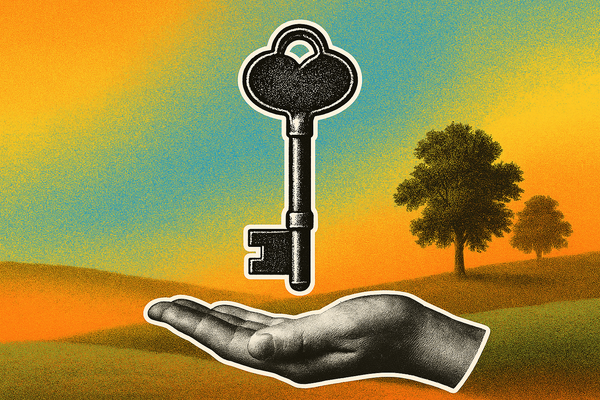6 Practical Ways to Save Money in 2025

Another year has rolled in, and while we might’ve hoped 2025 would bring a little relief from the cost of living crunch, our wallets are still under pressure. But here’s the silver lining: small, deliberate steps now can add up to big savings by the time we’re toasting the next New Year.
This year isn’t just about cutting costs; it’s about working smarter with your money. With that, let’s dive into six money-saving methods that can genuinely make a difference in 2025.
1) Tame the Credit Card Beast
Did you know that over half of Canadians are carrying credit card debt? That’s according to Nerdwallet’s 2024 Consumer Credit Report.
So, the first step in your savings journey is clear: tackle that debt. There is nothing that will be as impactful in 2025 as paying off that high-interest loan.
How to go about it? Start by exploring a personal loan with a lower interest rate to consolidate your credit cards. Or, if you’re feeling ambitious, create a savings plan that allows you to chip away at the balance consistently.
2) Get Ahead of Your Mortgage Renewal
If your mortgage is up for renewal this year, you're not alone. If so, don't wait until the eleventh hour to explore rates. And don't accept the automated renewal rate that your existing lender gives you.
Consider working with a mortgage broker and reach out to lenders early on to take advantage of the 90-day rate hold. It’s a no-lose strategy: lock in a rate now, and you’ll be protected if rates climb. If they fall, you can renegotiate for a better deal. Proactive beats reactive every time.
This is especially true because although mortgage rates typically follow the Bank of Canada's rate decisions, this is not always the case.
3) Consistency Is Key
Think saving small amounts can’t add up? Think again. Setting aside $25 a week turns into $1,300 a year. Factor in a 5% interest rate compounded monthly, and over a decade, you’re looking at $16,800.
The trick isn’t in saving big; it’s in saving regularly. Make it automatic, forget about it, and let time (and compound interest) work its magic.
4) The No Buy/Low Buy Year
In recent years, the "no buy / low buy" movement has gained traction—and for good reason. The /nobuy subreddit is up to 59k members and growing. The concept is simple: commit to not spending on non-essentials for a specific period.
Need inspiration? Borrow instead of buying. From kitchen gadgets and tools, to spices and pantry essentials, share resources with friends and neighbors. And don’t forget your local library! Many now offer eBooks, audiobooks, and even digital subscriptions to popular magazines.
The goal is simple: buy less, use what you have, and focus on needs over wants.
5) Shop Around for Insurance
Home and auto insurance have both experienced sharp increases over the last year. Auto insurance premiums rose by 12.2% and home insurance saw a 7.7% jump last year.
This makes it crucial to shop around for your next quote. Mark your renewal date on the calendar, and get quotes from at least three providers.
6) Put That Cash to Work
Friends don't let friends keep cash in a low-interest savings account! Instead, move your cash to a high-interest savings account. This is such a simple thing to do and one that ensures your money is always working for you.
Options like Wealthsimple, Laurentian Bank, EQ Bank, and Neo all offer competitive high-interest savings accounts. Plus, keep an eye out for promotional rates. Just be sure to note when the promo period ends and be ready to switch if needed. Alternatively, consider a money market fund like CASH.TO for a low-risk, high-yield option.
Wrapping It Up
Saving money doesn’t have to mean scrimping and sacrificing. It’s about being intentional, resourceful, and strategic. From paying down debt to squeezing every dollar out of your savings, these six tips can help you take control of your finances in 2025.
The best part? You don’t need to overhaul your life to see results. Start small, stay consistent, and by next year, you’ll thank yourself. Here’s to a year of smarter spending and brighter financial horizons!





